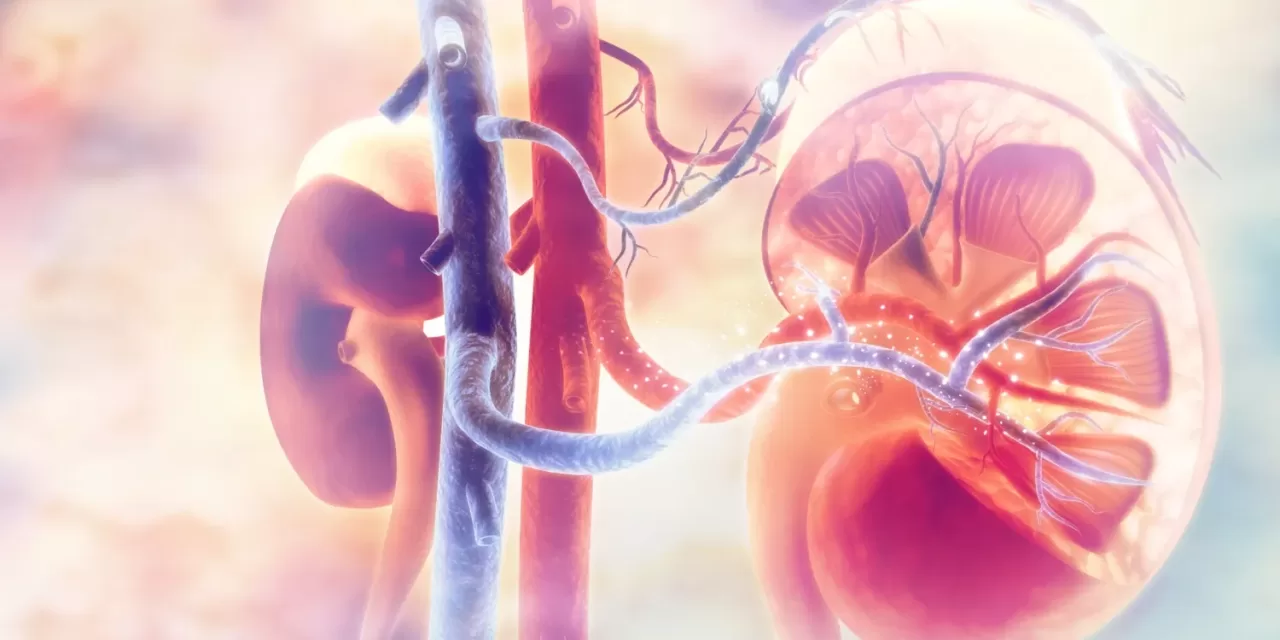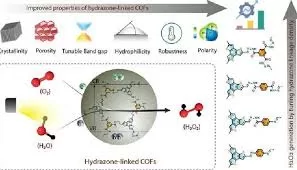A new thesis from Karolinska Institutet aims to advance our understanding of the bidirectional relationship between inflammatory bowel disease (IBD) and chronic kidney diseases (CKD) through large-scale epidemiological studies utilizing real-world data. The research, conducted by Ph.D. student Yuanhang Yang at the Department of Medical Epidemiology and Biostatistics, highlights the complex interaction between these two chronic conditions, shedding light on critical factors influencing patient outcomes.
IBD and CKD share common mechanisms, including immune dysregulation, chronic inflammation, and gut-kidney axis interactions. IBD, which is characterized by persistent gastrointestinal inflammation, has been linked to kidney complications such as nephrolithiasis and interstitial nephritis. These complications often arise due to systemic effects of IBD or as adverse reactions to medications used in treatment.
A key concern in IBD management is colectomy, a surgical procedure often required in severe cases to remove portions of the colon. While colectomy can be life-saving, it also poses risks such as dehydration and electrolyte imbalances, which may contribute to kidney damage. Similarly, the advent of biologic therapies has significantly transformed IBD treatment by targeting specific immune pathways to reduce inflammation and induce remission. However, these therapies also carry potential risks, including rare kidney complications such as drug-induced interstitial nephritis.
Yang’s research underscores the importance of vigilant kidney function monitoring in patients with IBD, particularly those who undergo colectomy or begin biologic treatments like vedolizumab. Improved surveillance and early detection of kidney dysfunction could help mitigate risks and improve long-term clinical outcomes.
“I became interested in this topic after recognizing a significant knowledge gap in the interplay between IBD and kidney diseases. With a growing number of patients affected by both conditions, gaining deeper insights is crucial to reducing complications and improving long-term outcomes,” said Yang. “My research is among the first to explore the kidney risks associated with colectomy and biologic treatments in IBD, offering novel contributions to the field.”
Looking ahead, Yang emphasizes the need for standardized kidney function monitoring protocols in clinical practice, particularly for IBD patients undergoing biologic therapy or surgery. Determining the optimal frequency and methods for kidney assessment should be a priority for future research. Additionally, further longitudinal studies are necessary to confirm the bidirectional relationship between IBD and CKD and to explore shared mechanisms such as systemic inflammation, microbiome alterations, and immune dysregulation. Collaborative efforts between gastroenterologists and nephrologists will be vital in establishing evidence-based guidelines and improving patient care.
For more information, refer to Yuanhang Yang’s thesis: Epidemiological studies on the interplay between inflammatory bowel disease and kidney diseases (2025). DOI: 10.69622/27952329.v1
Disclaimer: This article summarizes research findings and is intended for informational purposes only. It should not be interpreted as medical advice. Patients should consult healthcare professionals for personalized medical guidance.












